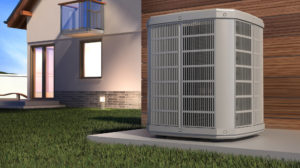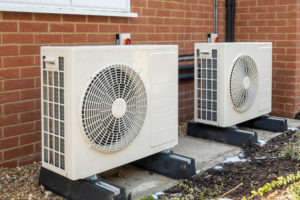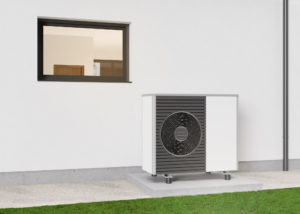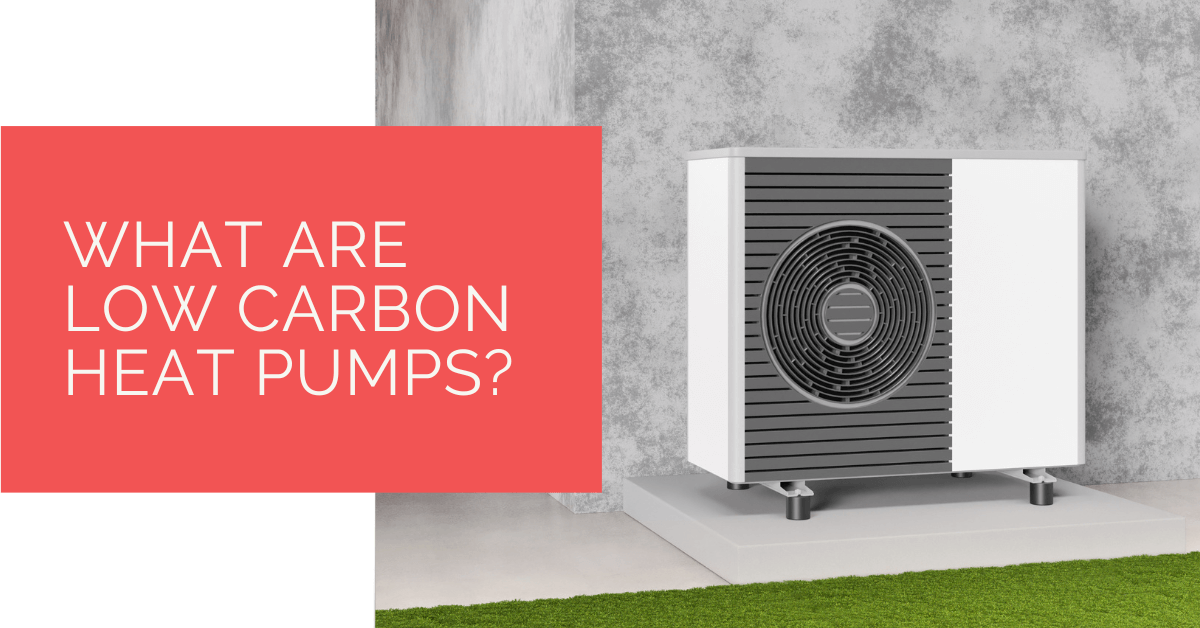As we move towards a sustainable future, it’s important to consider ways in which we can reduce our carbon footprint. One of the most innovative and eco-friendly solutions to this problem is the low-carbon heat pump. These remarkable devices provide highly efficient and environmentally responsible heating and cooling solutions, making them an ideal choice for homeowners and businesses alike.
With the ability to significantly reduce energy consumption and lower greenhouse gas emissions, low-carbon heat pumps can help you save money on your energy bills while also contributing to a cleaner, healthier planet. In this article, we’ll explore the fascinating world of low-carbon heat pumps, examining their functionality, types, advantages, and drawbacks. Whether you’re interested in reducing your environmental impact, saving money on your energy bills, or simply curious about the latest advancements in sustainable technology, this article will provide you with valuable insights and information. So, let’s dive in and discover the exciting possibilities that low-carbon heat pumps offer!
Contents
Key Takeaways
- Low-carbon heat pumps are an eco-friendly heating solution that extracts heat from renewable sources like the ground, air, or solar energy, producing no harmful emissions.
- There are three main types of low-carbon heat pumps: Air Source Heat Pumps, Ground Source Heat Pumps, and Water Source Heat Pumps, each with advantages and costs.
- These heat pump systems offer numerous benefits, including lower electricity running costs, minimal maintenance, eligibility for incentives like the Boiler Upgrade Scheme, and a reduced carbon footprint, making them an attractive green energy solution.
What Do You Mean by A Low-Carbon Heat Pump?
Low-carbon heat pumps have a low-carbon footprint but with the same workability as a regular heat pump. So, it can heat your building by utilising thermal energy and the refrigeration cycle. A low-carbon heating system will help cool the building with minimal or no harmful emissions.
Instead of burning fossil fuels, such a heat pump will extract heat from renewable or sustainable sources. For example, the ground, sun, outside air, and other plant-based organic materials can be sources.
Due to this, there will be net zero carbon emissions from this renewable heating system.
The supply of heating elements will be replenished as it works by absorbing heat from natural gases or using solar thermal panels. In short, these are more sustainable, cost-effective, and environmental.
Now, you might ask, “How do heat pumps work?“. Usually, low-carbon heating options absorb the source and then transfer it to a fluid. Consequently, it gets compressed, and the temperature increases further to create the desired heating effect.

Different Kinds of Heat Pumps that Help Generate Heat
According to GreenMatch’s intuitive research skills, multiple low-carbon heating options exist. However, only three pumps can use natural gas or space heating for your home.
Before you start by choosing any of the following heating technology, there is something you should know. After installing these heat pumps, you can become eligible for incentives. For example, with the Boiler Upgrade Scheme, homeowners can receive grants of up to £7,500 for installing air-source heat pumps and £6,000 for ground-source heat pumps.
Air Source Heat Pump
As the name suggests, air source heat pumps draw energy from the outside air. Ideally, such renewable heating solutions are the cheapest and most abundantly used. There are two main types, namely:
- Air-to-air heat pumps that provide space heating
- Air-to-water heat pumps are a hybrid heating system with water and space heating
They generate a low running cost that works efficiently in milder weather but is ineffective in freezing winters. Besides, it can cost you up to £8000, including the installer cost and property.

Ground Source Heat Pump
Technically, ground source heat pumps rely on the soil’s temperature to become an energy-efficient heating and hot water solution. Contrary to the air source heat pump, these devices do not work harder in winter than summer since the temperature of the soil remains constant all year.
There are two different types of heating technologies available:
- A horizontal system gets installed around 2 meters below the surface
- A vertical ground source heat pump has to be installed well below 50 meters
Do you want to keep this as the main heating system at your home? Such low-carbon heating systems are better than a gas boiler but cost a lot. For example, a domestic option would be about £40,000, depending on the type and installation costs.
Water Source Heat Pump
The best low-carbon heating system might as well be the water source pumps. These devices extract energy directly by efficiently pumping the fluid through the mechanical heat exchanger.
Do you live near a water body? If so, these heating systems can be highly efficient for your central heating.
Moreover, you will find steadier heating only if the liquid stays at 5°C or 8°C. If the water freezes, you might need a backup heating and hot water system.
Depending on your location and heating requirements, it can cost £10,000 on average.
The Advantages and Disadvantages of Using Such Renewable Heating Systems
Some say that gas and oil boilers will receive a ban by the end of 2025. Hence, solar water heating would become energy effective and safer for the environment.
These are an excellent choice for low-carbon technology because of the following advantages:
- Lower electricity running costs
- Better safety and minimal maintenance
- Provides optimal heating and cooling
- Reduces the generation of carbon dioxide
- Eligible for the Boiler Upgrade scheme and has a long lifespan
Even with such excellent benefits of heat pump systems, there are certain shortcomings you should be aware of. Some of them include:
- The upfront costs are higher than a biomass boiler
- It can get challenging to install on your own
- The low-end models might cause difficulties in your garden space during colder months
- There is a question of sustainability as it requires signification work
At the same time, you need to gather specific permissions from the government to install these heat pumps. Yet, it all depends on your property size, equipment, and requirements.
As you can see, the advantages triumph over the disadvantages. So, it is clear that such devices are much better than efficient gas boilers. In short, these pumps are worth it because they are a great green energy solution.

Heat Pump Source: Reliable Heating and Cooling Solutions
At Heat Pump Source, we take pride in our unwavering commitment to serving the UK with top-tier HVAC solutions. From the efficiency of heat pumps and the cool relief of air conditioning to the warmth of boilers, radiators, and underfloor heating, our dedicated team is always at the forefront of innovation. We understand the unique needs of every household and business, and we strive to provide dependable health and cooling products and services that are tailored just for you. Ensuring your comfort and satisfaction is our utmost priority. Whether you have questions, need guidance, or require support, we’re always here to assist. Please don’t hesitate to contact us; we’re eager to be of service.
The Bottom Line
How do you choose a device that offers underfloor heating and solar water heating while being environmentally friendly? You select any of the three pumps mentioned in the article.
For example, go for water source heat pumps if you want a wet central heating system. Choose a ground or air source pump if you are looking for similar functions as an oil boiler or certain biomass boilers.
Either way, these pumps will generate electricity better than any conventional boiler using low carbon technologies to provide heating. Such devices are more efficient because they do not use burning gas or emit carbon dioxide to fulfil your air conditioning needs.
So, are you ready to help the Energy Saving Trust build a better future?
About the Author
At Heat Pump Source, our articles are the product of a collaborative effort among a team of highly skilled HVAC experts. Our dedicated professionals, hailing from diverse backgrounds in heating, ventilation, air conditioning, and refrigeration, contribute their extensive knowledge and experience to every piece of content. This multidisciplinary approach ensures comprehensive coverage. Our commitment is to deliver authoritative, reliable, and tailored advice to meet the unique needs of every household and business across the UK.

